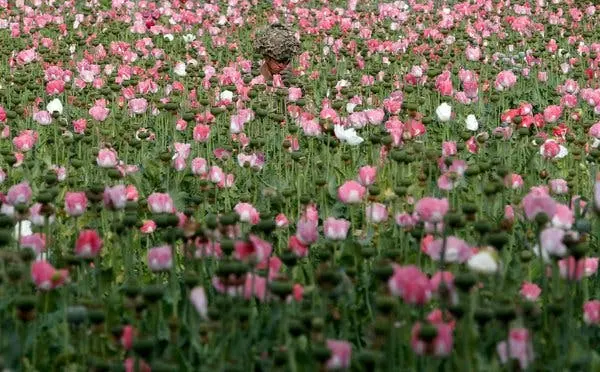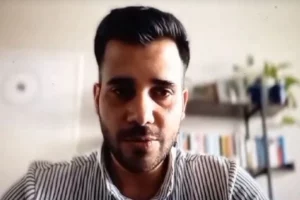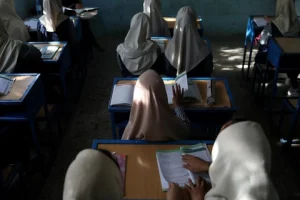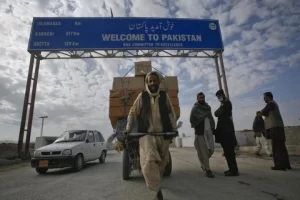There has been no evidence that the Taliban are enforcing or can enforce a ban on opium poppy cultivation. On the contrary, the opium trade in Afghanistan appears to be flourishing – says a quarterly report by the Special Inspector General for Afghanistan Reconstruction (SIGAR).
The SIGAR report which was submitted to the Congress on January 30, says that, “opium dealers, who until recently operated on the black market, have set up stalls in village markets.
Quoting the Afghan poppy farmers, the report says the Taliban have “achieved what they have thanks to opium. None of us will let them ban opium unless the international community helps the Afghan people.”
GOVERNANCE, ECONOMIC AND SOCIAL DEVELOPMENT
Afghanistan is the largest opium producer in the world, accounting for more than 80% of global production between 2015 and 2020, and generating millions of dollars annually.
According to the UN Office on Drugs and Crime (UNODC), an estimated 6300 tonnes of opium was harvested in Afghanistan in 2020, an amount that can produce up to 290 tonnes of pure heroin worth billions of dollars. In the Taliban held areas, the amount of land given over to poppy production rose by more than a third between 2019 and 2020, to 224,000 hectares.
After the Taliban captured power in Afghanistan, their spokesman Zabihullah Mujahid told international media that the Taliban would not allow the production of opium or other narcotics. Mujahid said, “Afghanistan will not be a country of cultivation of opium anymore. From now on, nobody’s going to get involved in the heroin trade], nobody can be involved in drug smuggling.”
But according to the report, on the contrary since then the poppy cultivation as well as opium productions are flourishing.
“There would be a backlash from the poppy farmers, drug lords and the public if the Taliban regime bans opium production. The Taliban has benefited the most from opium production over 20 years now they can not afford to stop,” the SIGAR report quoted farmers as saying to BBC.
“Even in the areas where opium poppy was not grown in the last 20 years, farmers have grown poppy this year,” says the report.
According to a UN report, opium poppy cultivation and trade was one of “the most significant sources of income” for the Taliban. In 2020, the Taliban earned an estimated $460 million from the opium poppy cultivation and trade.
Interestingly, the cash starved Taliban regime did not take any step to ban the poppy cultivation.
Four months after taking over the country, the Taliban’s spokesperson Mujahid took U-turn and said that Afghans are facing "an economic crisis, and stopping people from their only means of income is not a good idea".
The Taliban are not serious about wanting to reduce opium production in Afghanistan to zero. Some of their top leaders including the interior minister Sirajuddin Haqqani and his Haqqani Network are involved in the opium business.
The Taliban are involved in all facets, from poppy planting, opium extraction, and trafficking to exacting taxes from cultivators and drug labs to charging smugglers fees for shipments bound for Africa, Europe, the Middle East, and other parts of Asia. Before coming to power they had clandestine operations but now they are the power.
According to Afghan experts, the Taliban had “arrested” the former BBC correspondent Andrew North who was on an assignment of UNHCR, the UN refugee agency. He reported about a solar-powered heroin plant in the war-ravaged region of Helmand.
Also Read : Will Afghanistan become Asia’s first narco- state under Taliban rule?




















